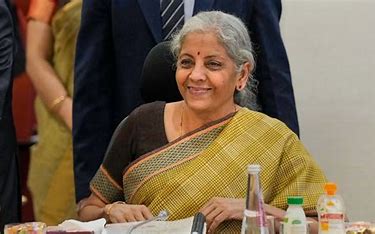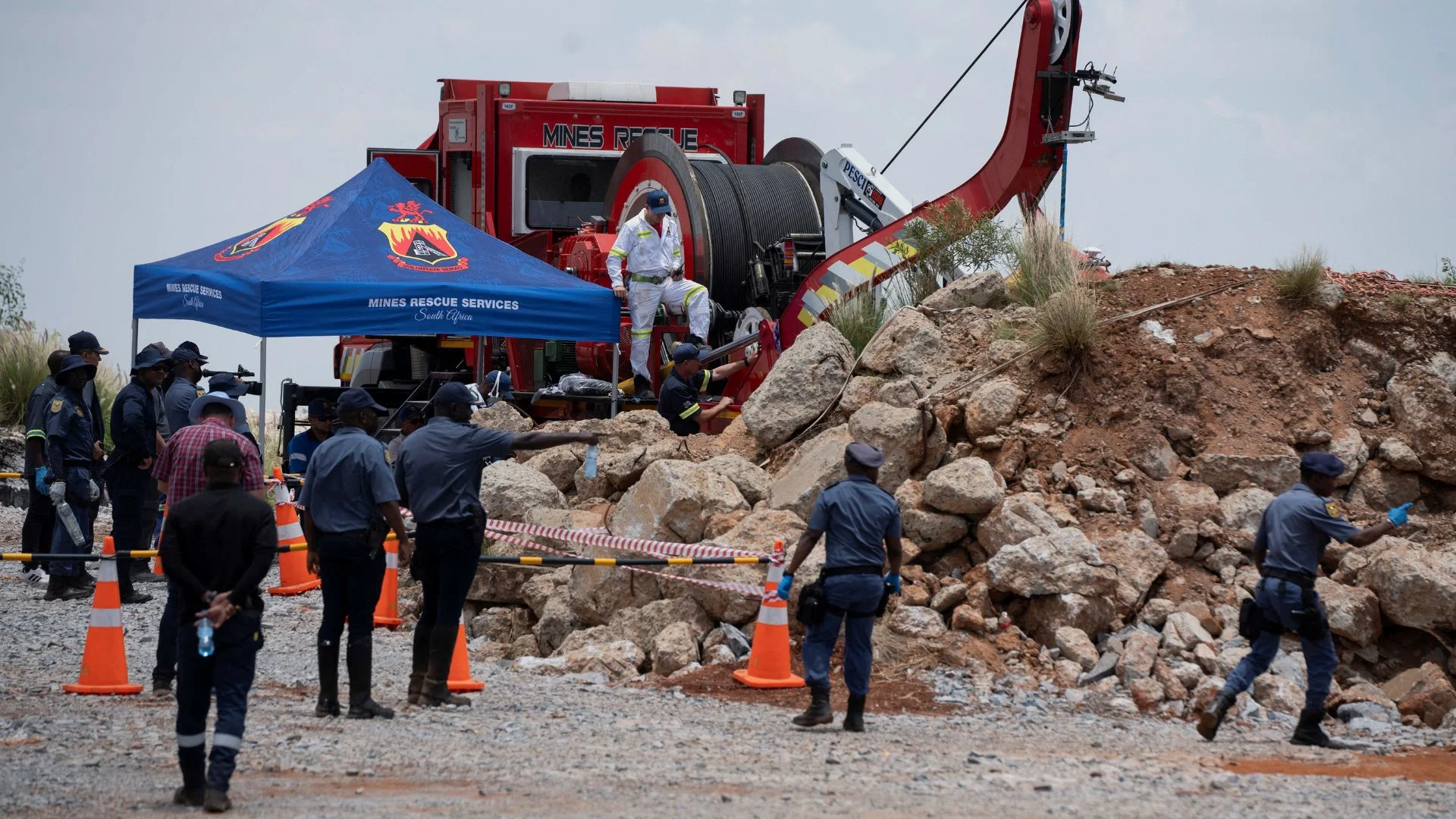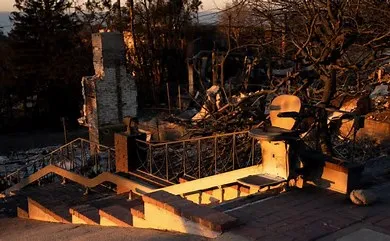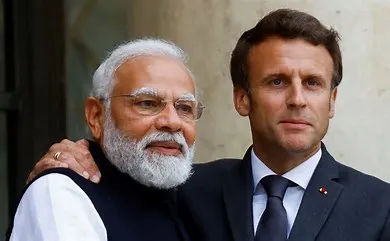Finance Minister Nirmala Sitharaman announced that borrowers will not have to pay Goods and Services Tax (GST) on penal charges levied by banks or financial institutions. The announcement was made during the 55th GST Council meeting held in Jaisalmer, Rajasthan.
What Are Penal Charges?
Penal charges are fees imposed on borrowers who fail to comply with loan conditions, such as missing an EMI payment or violating repayment schedules. These charges will now be exempt from GST, providing relief to borrowers.
Key Highlights from the 55th GST Council Meeting
The meeting, chaired by Nirmala Sitharaman, included the minister of state for finance and chief ministers of Goa, Haryana, Jammu and Kashmir, Meghalaya, and Odisha. Here are the major takeaways:
- Fortified Rice Kernels and Gene Therapy
- Revisions were made to GST rates on fortified rice kernels and gene therapy. Details of the revised rates were not disclosed.
- Aviation Turbine Fuel (ATF)
- States opposed bringing ATF under GST. The finance minister explained that states view ATF as part of the broader crude petroleum basket, and hence, no decision was made.
- GST on Insurance Premiums
- A decision on reducing GST for insurance premiums was deferred. Insights from IRDAI (Insurance Regulatory and Development Authority of India) are awaited before proceeding.
- Food Delivery Apps
- Tax rates for food delivery platforms like Swiggy and Zomato remain undecided as ministers requested additional time for deliberations.
Calamity Cess Proposal
The GST Council discussed a proposal from Andhra Pradesh to introduce a 1% calamity cess on certain luxury goods. The cess aims to raise funds for disaster mitigation, similar to the 1% cess imposed by Kerala in 2019 for flood rehabilitation.
To examine this further, a Group of Ministers (GoM) will be established to evaluate the feasibility and implementation of the cess.
Conclusion
The GST Council meeting addressed critical issues but deferred decisions on several key areas, including ATF and food delivery apps. The announcement of GST exemption on penal charges, however, provides clarity and relief for borrowers across the country.























